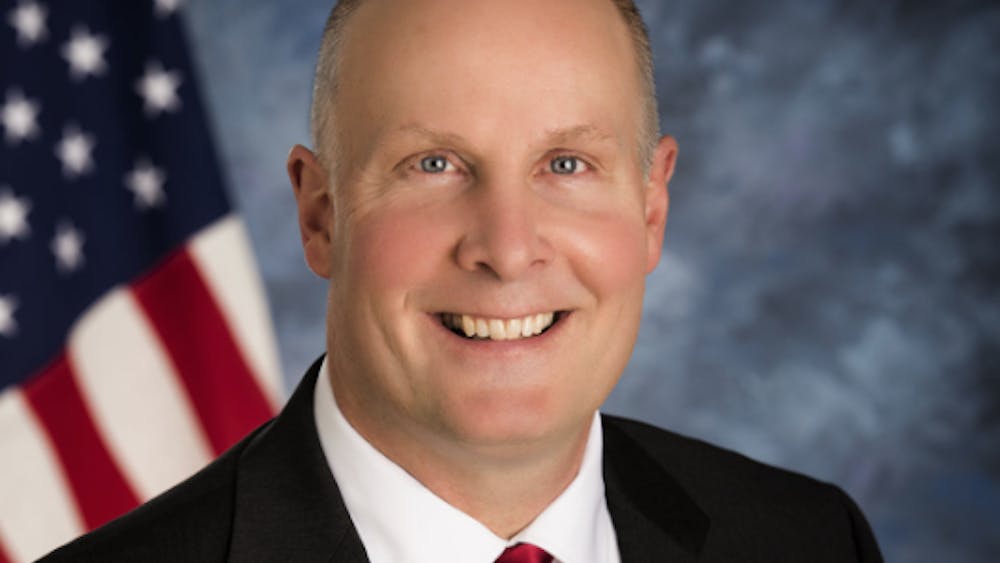COLUMN: Stop labeling reputable outlets as 'fake news'
The term “fake news” is a dangerous catch-all phrase created by ultra conservatives to discredit hardworking news outlets.
This buzzword intensifies the war on the media started by President Donald Trump.
Yes, on occasion there are news stories from reputable national sources like NPR and The New York Times that have been carefully researched and reported on, but might include an unintended error. That does not make it fake news.
Stories with errors are misleading because of honest mistakes in reporting or because sources provide inaccurate information. That doesn’t make them fake. The true definition of fake news, on the other hand, is when the entire premise of a story is entirely fabricated to push an agenda.
The term “fake news” as a mainstream pejorative started being used during the 2016 presidential campaign. Some true instances of fake news include the false story that went viral about Pope Francis endorsing President Donald Trump during his campaign, or the “pizzagate” scandal meant to paint former Democratic presidential nominee Hillary Clinton in a truly deplorable light.
These are intentionally false stories — “fake news.”
Still, Trump, his supporters and his surrogates regularly call real news “fake.” This is dangerous, because labeling something as fake news due to a simple factual error which is often corrected immediately, is even more misleading than the error itself.
The improper use of “fake news” in our culture’s lexicon chips away at the foundation of democracy and the sole mission of journalism.
Newspapers and journalists should regularly welcome feedback, including negative criticism. If the criticism is one-sided and not based in actual facts, the public will tune out and become uninformed.
Central Michigan Life receives mentions on our social media channels frequently calling us “fake news,” without context or any indication of a stated grievance.
We recently received a mention on Twitter from a Student Government Association senator simply reading “you are fake news.”
When the commenter, Galen Miller, was then blocked from viewing the newspaper’s Twitter, he quoted his own tweet, saying “school newspaper can’t handle the truth #fakenews.”

Miller wasn’t responding to a specific story that he noticed contained an error. He wasn’t commenting on biased reporting. He was using rhetoric from radical conservatives to make a blanket statement about a college newspaper without giving a reason for it.
When people use the term incorrectly, like Miller did, and put an incorrect label of “fake news” on an entire newspaper, they often do not provide solid reasons for such criticism. It’s an easy way to lead a pack of sheep to where you want them to go.
If Miller would have commented a specific reason why he didn’t agree with coverage or an error he spotted in a story, we would have worked to address it if his expression was valid.
When I reached out to him personally, he apologized, saying it was in a joking manner, but that he still didn’t agree with all of our coverage. When we had a civil conversation free of blanket accusations that were false, we reached a constructive resolution.
Miller’s behavior on Twitter is a perfect example of how some Trump supporters acted throughout the campaign and continue to act just months into his presidency — feeding into stories that were favorable only toward Trump and discrediting anything written in opposition to the billionaire businessman turned president.
What’s the result? An ultra polarized society where a president’s administration is actually telling lies — fake news or “alternative facts” — to the American people. Some people will blindly follow and call anything in opposition to their views using their new favorite term.
In order to save people from the “fake news” mindset, all trustworthy newspapers must stop using the phrase created to bring them down. We must unapologetically call out lies for what they are: lies. Likewise, if readers have problems with our coverage, they need to back it up with facts before falling back on simply labeling us as “fake news.”







